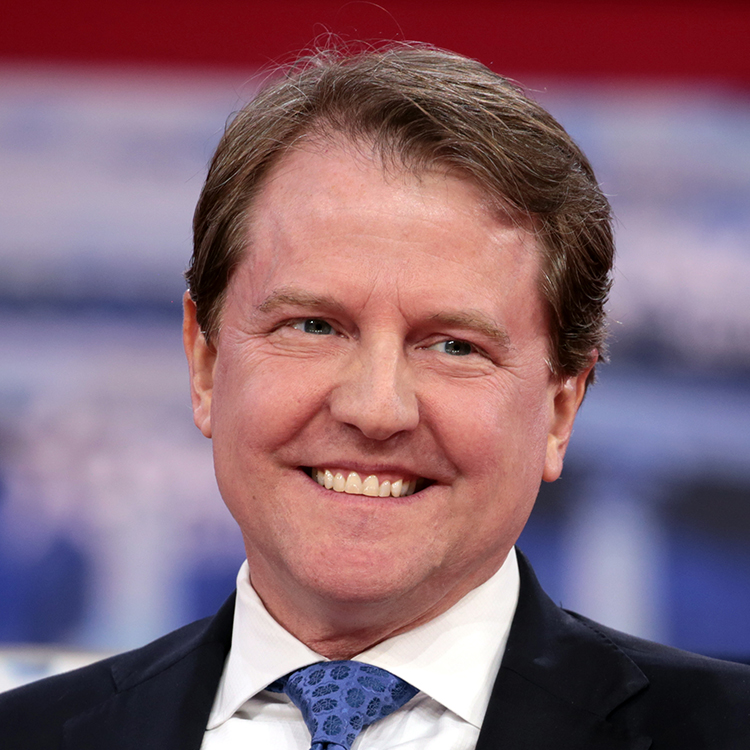Congress can't sue to enforce subpoena for former White House counsel's testimony, DC Circuit rules

Don McGahn. Photo by Gage Skidmore, via Wikimedia Commons.
A federal appeals court has ruled that the House Judiciary Committee has no basis to sue for enforcement of a subpoena against former White House counsel Don McGahn.
A panel of the U.S. Court of Appeals for the District of Columbia Circuit tossed the committee’s lawsuit Monday in a 2-1 decision.
The panel ruled after an en banc appeals court held that the House Judiciary Committee has standing to seek enforcement of the subpoena. The en banc court left other issues to the panel, including whether the committee had a cause of action to sue.
The judiciary committee had argued that it had an implied cause of action to sue under its Article I power to issue subpoenas, that it can invoke courts’ traditional equity partners to enjoin executive action, and that it can also sue under the Declaratory Judgment Act.
“We disagree,” the appeals court said in an opinion by Judge Thomas Griffith, an appointee of President George W. Bush.
The panel majority said the Senate has granted an express cause of action to the Senate but not the House of Representatives, and the Senate statute expressly excludes suits that involve assertions of governmental privilege.
“Congress has declined to authorize lawsuits like the committee’s twice over,” Griffith wrote.
There is no traditional equitable power for courts to grant relief, the majority said, because no chamber of Congress has sought injunctive relief against the executive branch before the 1970s.
“We cannot simply gesture towards the ‘flexibility’ of equity and offer whatever relief (in our view) seems necessary to redress an alleged harm; that would transform equity’s ‘flexibility’ into ‘omnipotence,’” Griffith wrote, citing a U.S. Supreme Court case.
“Congress may someday determine that the federal courts should stand ready to enforce legislative subpoenas against executive branch officials, but authorizing that remedy ourselves would be ‘incompatible with the democratic and self-deprecating judgment’ that we lack the ‘power to create remedies previously unknown to equity jurisprudence.’”
Griffith also said the Declaratory Judgment Act is procedural and does not provide a cause of action.
The National Law Journal and Politico have coverage of the Aug. 31 opinion.
“If the decision stands,” according to Politico, “it could cripple the House’s ability to demand information from sources unwilling to give it up readily. That would upend decades of congressional oversight and investigations and could snuff out several legal fights pending in Washington over House subpoenas.”
The decision is also likely to bring renewed debate over the House’s “inherent contempt” power to fine or jail witnesses who refuse to comply with its requests, according to Politico. That power “has been in disuse since World War II,” according to the story.
While the decision appears to allow criminal prosecutions for contempt of Congress, that it an unlikely avenue. The White House has asserted executive privilege, and the U.S. Department of Justice has indicated that it won’t prosecute officials who comply with privilege demands, according to Politico.



